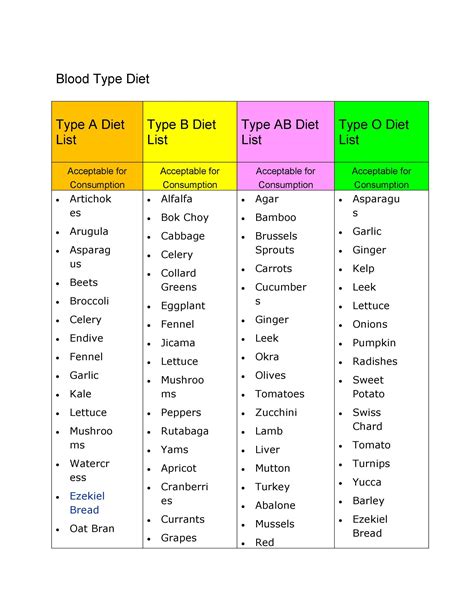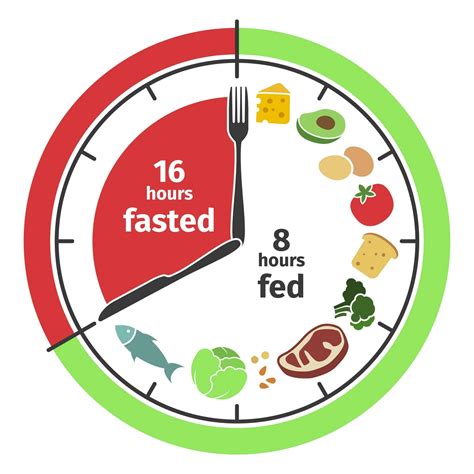Discover the benefits, types, and potential risks of low-carb diets. Understand their impact on weight loss and make informed dietary choices.
Understanding Low-Carbohydrate Diets
Contents
Low-carbohydrate diets, also known as low-carb diets, are dietary programs that restrict the consumption of carbohydrates. This includes foods such as bread, pasta, and sugary treats. Instead, these diets emphasize the intake of protein, healthy fats, and non-starchy vegetables.
One of the main principles behind low-carbohydrate diets is to reduce the body’s dependence on glucose for energy and instead promote the use of ketones, which are produced from fat metabolism. By doing so, the body enters a state of ketosis, where it burns fat for fuel.
There are different variations of low-carbohydrate diets, such as the keto diet, which is extremely low in carbs and high in fat, or the Atkins diet, which involves a gradual increase in carb intake while still maintaining a low-carb approach.
Advocates of low-carbohydrate diets claim that they can lead to weight loss, improved blood sugar control, and better overall health. However, critics argue that these diets may not be sustainable in the long term and could potentially lead to nutrient deficiencies.
Benefits of Low-Carbohydrate Diets
Benefits of Low-Carbohydrate Diets
One of the main benefits of following a low-carbohydrate diet is the potential for significant weight loss. By reducing the intake of carbohydrates, the body is forced to burn fat for energy, which can lead to rapid and noticeable weight loss. Many people find that they are able to shed excess pounds quickly and effectively while following a low-carbohydrate diet.
Another benefit of low-carbohydrate diets is the potential to improve blood sugar control. For individuals with diabetes or insulin resistance, reducing carbohydrate intake can help to stabilize blood sugar levels and reduce the need for insulin or other medications. This can lead to better overall health and a reduced risk of long-term complications associated with diabetes.
In addition to weight loss and improved blood sugar control, low-carbohydrate diets have also been shown to have a positive impact on cardiovascular health. By reducing the intake of processed carbohydrates and sugars, individuals following a low-carbohydrate diet may experience improvements in blood pressure, cholesterol levels, and other risk factors for heart disease.
Low-carbohydrate diets have also been associated with reduced cravings and increased feelings of satiety, which can make it easier to stick to a healthy eating plan. By focusing on protein, healthy fats, and non-starchy vegetables, individuals can feel satisfied and satisfied after meals, reducing the urge to overeat or snack on unhealthy foods.
Overall, the potential benefits of following a low-carbohydrate diet are vast, including weight loss, improved blood sugar control, better cardiovascular health, and reduced cravings. However, it is important to consider the potential risks and drawbacks of low-carbohydrate diets as well, before making any significant dietary changes.
Types of Low-Carbohydrate Diets
When it comes to low-carbohydrate diets, there are a few different variations that people may choose to follow. The most well-known type of low-carb diet is the keto diet, which focuses on consuming high amounts of fats, moderate amounts of protein, and very low amounts of carbohydrates. Another popular type is the Atkins diet, which is similar to the keto diet but allows for more protein intake and a gradual re-introduction of carbohydrates. Some people may also choose to follow a paleo diet, which focuses on consuming foods that our ancestors would have eaten, including lean meats, fruits, vegetables, and nuts, while avoiding processed and refined foods.
Some individuals may also opt for a low-glycemic index diet, which focuses on consuming foods that have a low impact on blood sugar levels. This includes foods such as whole grains, legumes, and non-starchy vegetables. Additionally, the South Beach diet is another popular low-carb diet that focuses on consuming lean proteins, healthy fats, and good carbs, while avoiding refined sugars and processed foods.
Each of these low-carbohydrate diets has its own unique approach to the amount and types of foods that individuals should consume, which allows for a variety of options for individuals to choose from based on their lifestyle, preferences, and health goals.
It is important to keep in mind that while following a low-carbohydrate diet, it’s crucial to still consume a wide variety of nutrient-dense foods in order to ensure that you are getting all of the essential vitamins and minerals that your body needs to thrive. Consulting with a healthcare professional or registered dietitian before starting any new diet is always recommended.
Impact on Weight Loss
Low-carbohydrate diets have been widely popular for their potential impact on weight loss. By reducing the intake of carbohydrates and focusing on consuming more protein and healthy fats, individuals following this type of diet may experience a significant decrease in weight. The reduction in carbohydrates leads to a decrease in insulin levels, which in turn promotes the breakdown of body fat for energy.
Furthermore, low-carbohydrate diets may also lead to a decrease in appetite and overall calorie intake. Studies have shown that individuals on low-carb diets tend to consume fewer calories without feeling deprived, ultimately leading to weight loss. This decrease in appetite can also result in improved portion control and reduced cravings for unhealthy foods, contributing to sustained weight loss.
Additionally, the fast initial weight loss experienced by individuals on low-carb diets can serve as a motivator to continue making healthy food choices and adhering to the diet plan in the long term. This positive reinforcement can support long-lasting weight management and overall lifestyle changes that promote a healthy body weight.
It’s important to note that the impact of low-carbohydrate diets on weight loss may vary from person to person. While some individuals may experience rapid weight loss, others may not respond as significantly. Factors such as metabolism, physical activity level, and overall nutrient intake can influence the effectiveness of low-carb diets for weight management.
Potential Risks of Low-Carbohydrate Diets
Low-carbohydrate diets have gained popularity in recent years due to their potential for quick weight loss. However, it’s important to be aware of the potential risks associated with this type of diet. One potential risk of low-carbohydrate diets is nutrient deficiencies. When you drastically reduce your intake of carbohydrates, you may not be getting enough essential vitamins and minerals that are commonly found in carbohydrate-rich foods such as fruits, vegetables, and whole grains.
Another potential risk of low-carbohydrate diets is an increased risk of heart disease. Some low-carb diets promote the consumption of high amounts of saturated fats, which can raise your cholesterol levels and increase your risk of heart disease. It’s important to be mindful of the types of fats you are consuming and to prioritize unsaturated fats over saturated fats.
Additionally, low-carbohydrate diets may lead to a decrease in energy levels and physical performance. Carbohydrates are the body’s primary source of energy, especially for intense exercise. When you reduce your carbohydrate intake, you may experience fatigue, weakness, and a decrease in athletic performance.
Finally, low-carbohydrate diets can have a negative impact on your overall gut health. Carbohydrates are an important source of fiber, which is essential for maintaining a healthy digestive system. A lack of fiber in your diet can lead to constipation, bloating, and other digestive issues.












